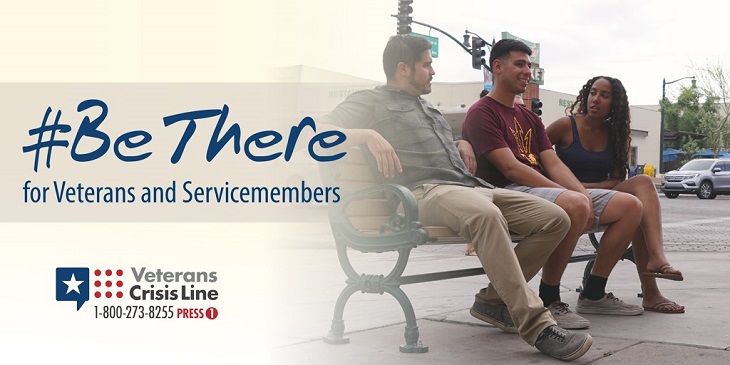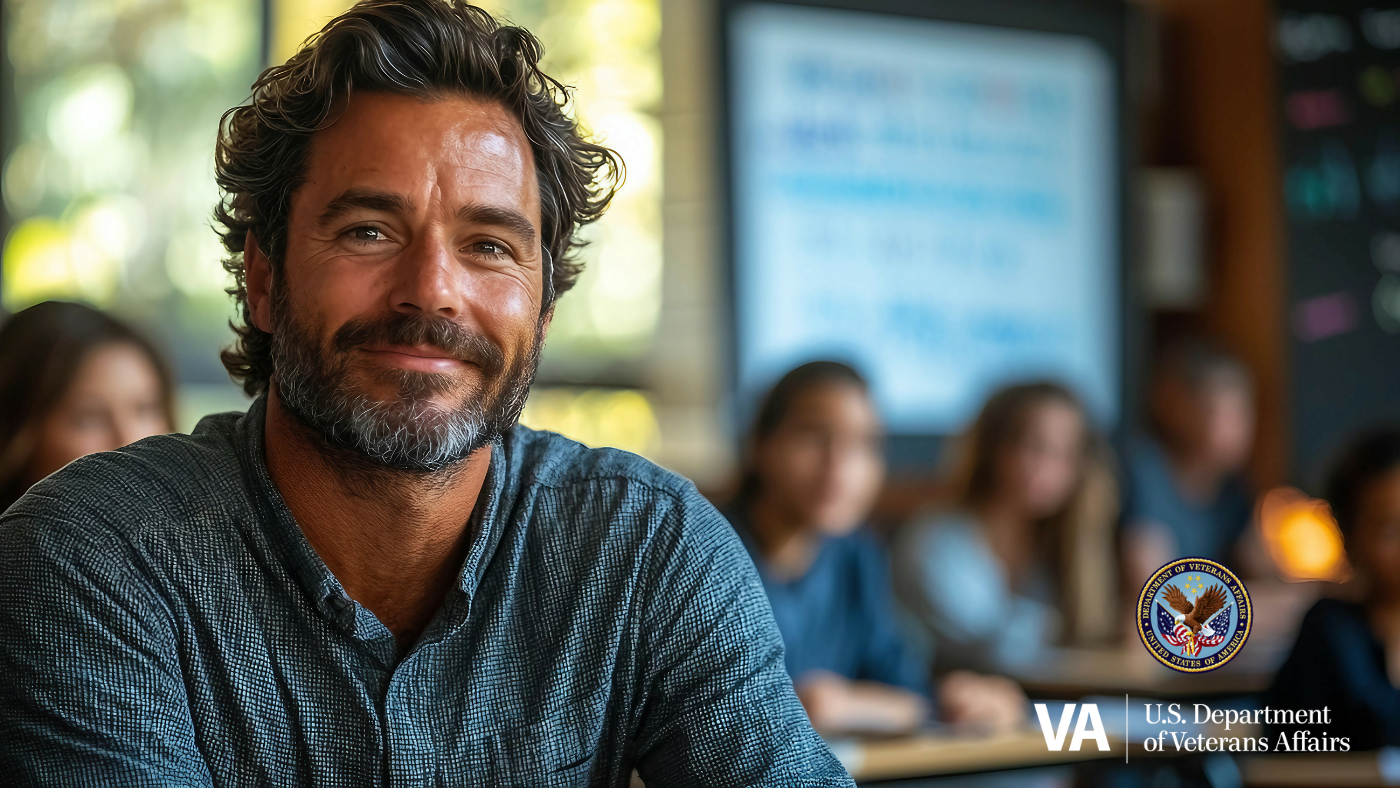September was Suicide Prevention Month, an annual campaign that draws attention to the national public health issue of suicide and the importance of suicide prevention. This September, VA leveraged its #BeThere campaign to raise awareness about mental health and suicide prevention. While Suicide Prevention Month was one opportunity for us to educate Veterans, their families and the communities they live in about the suicide prevention resources available to them, it’s important to remember that suicide prevention awareness should last year-round. Our goal is to ensure that all Veterans, not just those who come to us for health care, know that they can reach out to VA for support whenever they need it.
“Year-round, VA collaborates with community groups, VSOs, health care providers, corporations, educational institutions, government agencies, public figures and others to educate and empower service members and Veterans, and their supporters to take action to help prevent suicide,” said Wendy Lakso, deputy director, partnerships, VA Office of Mental Health and Suicide Prevention. “We can all do something to help a Veteran who is going through a difficult time. Even seemingly small actions can have a huge impact. Each community across the country plays a role in supporting Veterans, but as an individual you may not know what you can do or where to start.”
It is essential to know that, as part of your community, you are in a position to help a Veteran who may be at risk for suicide. You don’t need special training to safely talk about suicide risk or show concern for someone who’s in distress. Nor do you need to be an expert to share your concerns with a Veteran who is having a tough time, or even with a Veteran in crisis. Preventing suicide begins with the simple commitment to #BeThere.
“Starting a conversation is an important step that can help a Veteran feel cared for and valued as well as recognize that help is available,” Lakso said. “Just sending a thoughtful text message to a Veteran you know shows your support. Sharing a positive thought and inviting someone to spend time catching up are both great ways to communicate that you care. The simple act of reaching out can provide the support Veterans need to begin their journey toward feeling like themselves again.”
When you sense that a Veteran is not doing well, showing them you care can encourage them to open up and talk about what’s wrong. Although it can seem challenging, it is important to talk about difficult feelings and experiences. Keep this in mind: Asking questions about thoughts of suicide does not increase a person’s suicide risk. Instead, feeling connected is shown to reduce suicide risk. Ultimately, an open conversation can help someone feel less alone and let others in on the Veteran’s experience.
“Suicide is a national public health issue that affects families and communities across America — but it is preventable,” Lakso said. “VA’s Suicide Prevention Program is committed to using innovative ideas, scientific research, and community partnerships to reduce suicide rates among all service members and Veterans.”
To accomplish this, VA has developed the National Strategy for Preventing Veteran Suicide, which reflects our vision for a coordinated effort to prevent suicide among all service members and Veterans. This strategy maintains our focus on high-risk individuals in health care settings while also adopting a broad public health approach to suicide prevention.
Veterans are in our communities. They are our family members, friends, co-workers, and neighbors. Our nation’s health systems and communities must work collectively to reduce Veteran suicide using the best available information and practices. Coordinated efforts at the federal, state, and local levels are key to preventing suicide. By working together, we can reach service members and Veterans where they are, even if they are not receiving services or care from VA.
Veterans who are in crisis or having thoughts of suicide, and those who know a Veteran in crisis, should call the Veterans Crisis Line for confidential support 24 hours a day, seven days a week, 365 days a year at 1-800-273-8255 and Press 1, chat online at VeteransCrisisLine.net/Chat, or send a text message to 838255.
About the author: Megan McCarthy, Ph.D., is the deputy director, suicide prevention for VA’s Office of Mental Health and Suicide Prevention.
Topics in this story
More Stories
How much do you know about VA care, benefits and services? Don’t miss out on what you've earned—check out the "2025 VA Federal Benefits Guide for Veterans, Dependents, Survivors, and Caregivers" handbook to learn more.
VA has updated its process for awarding G.I. Bill benefits. This means that many Veterans who served multiple periods of military service (for example, Veterans who reenlisted) may be eligible for additional benefits for themselves or their beneficiaries.
Summer Sports Clinic is a rehabilitative and educational sporting event for eligible Veterans with a range of disabilities.






